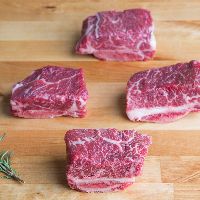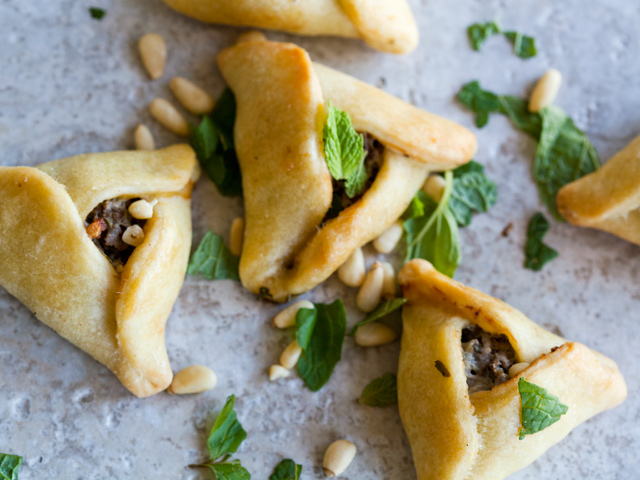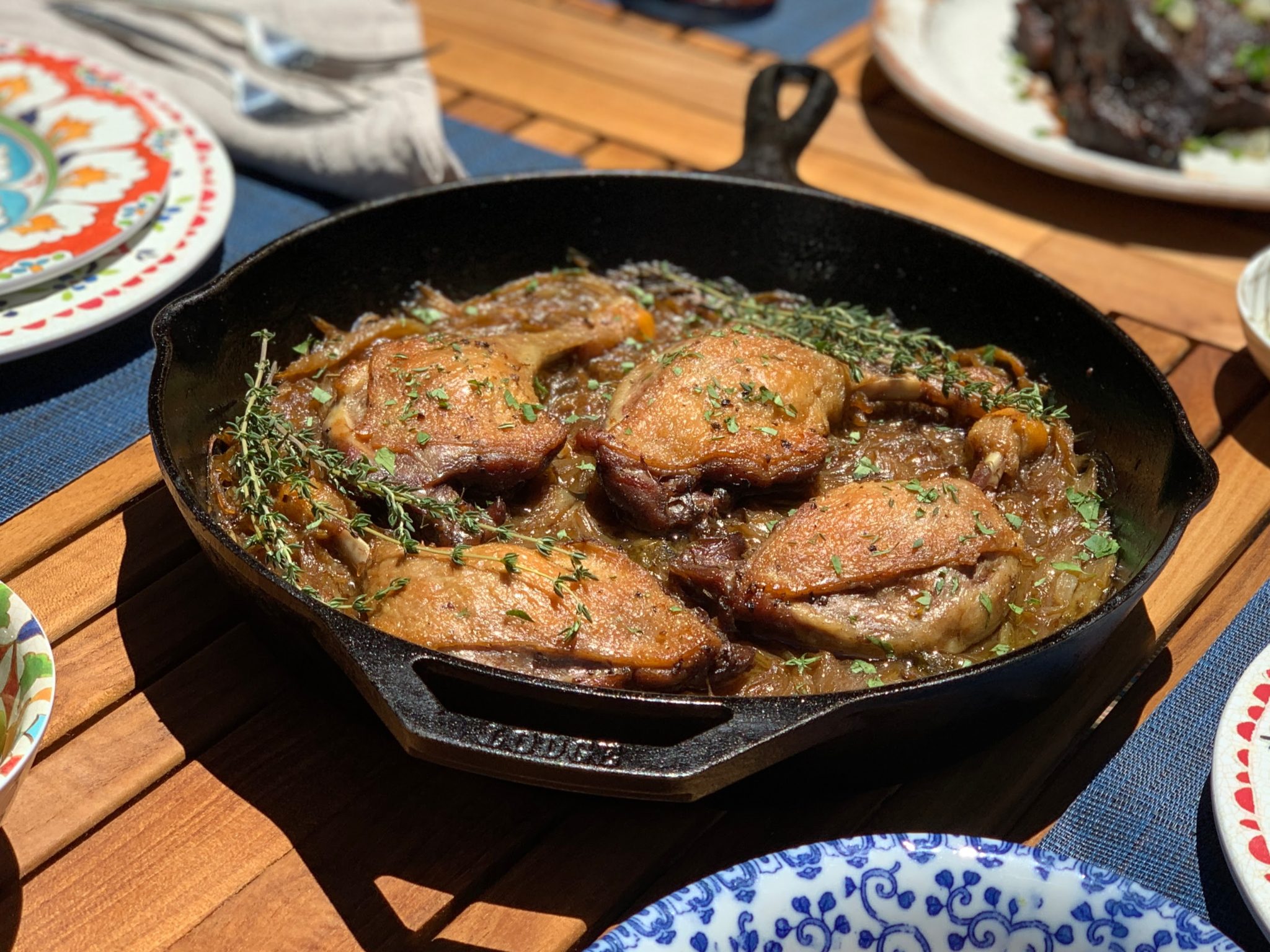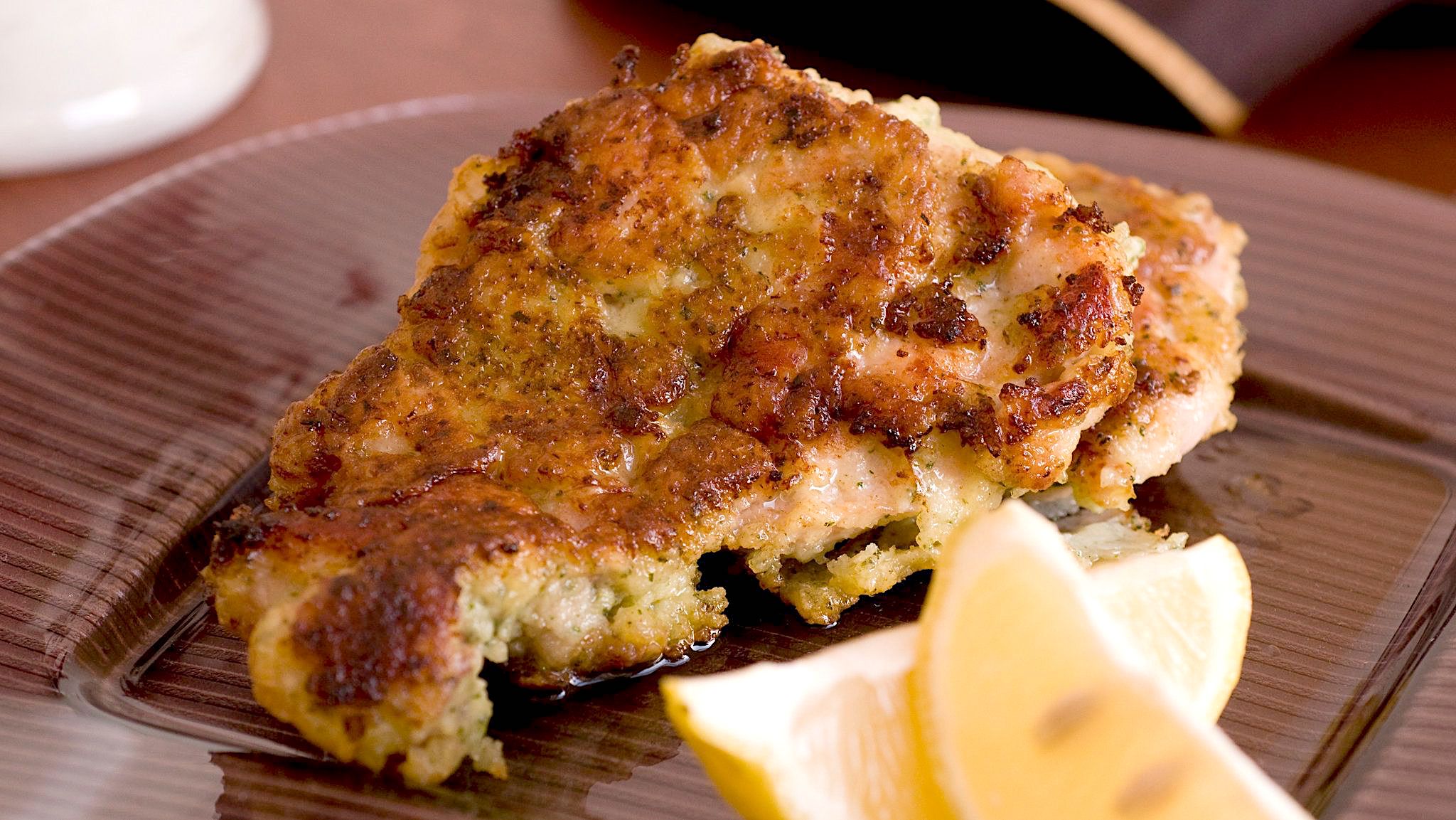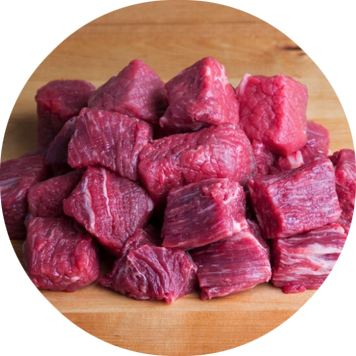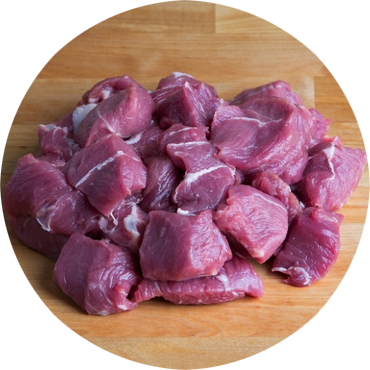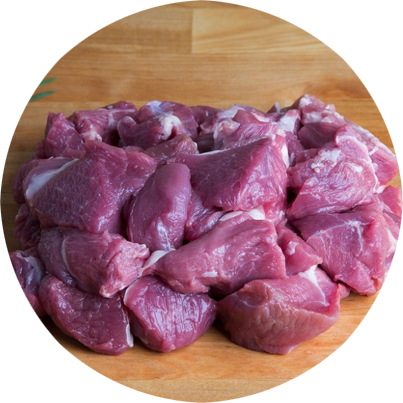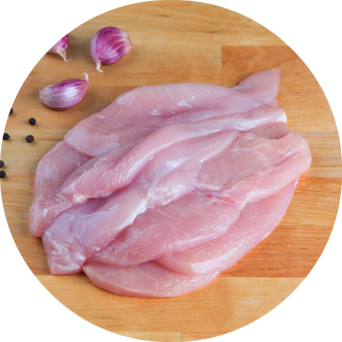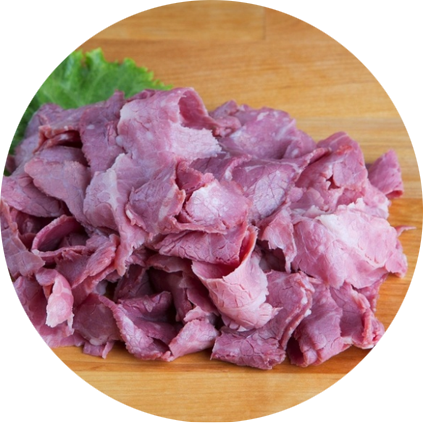Serves 4 to 6
SHORT RIBS
- 4 pounds English Short Ribs*
- 2 teaspoons kosher salt, plus more for seasoning
- 1 teaspoon freshly ground black pepper, plus more for seasoning
- 2 tablespoons vegetable oil, plus more as needed
- 6 tablespoons Hawaiij
- 2 jumbo onions, cut into thick slices 5 garlic cloves, peeled
- 6 medium carrots, halved lengthwise 2 tablespoons tomato paste
- 2 tablespoons all-purpose or gluten-free flour of your choice
- 2 cups dry red wine 10 sprigs thyme
- ¼ small bunch parsley
- ¼ small bunch cilantro 1 bay leaf
- 4 cups low-sodium beef or chicken broth, plus a little more if needed
*You could also use 3-bone short ribs or flanken in this recipe.
KOHLRABI MASH (Makes 3 cups)
- 8 large (4½ to 5 pounds) whole kohlrabi or turnips
- 6 tablespoons extra-virgin olive oil
- 2 teaspoons kosher salt, plus more to taste
- ¼ teaspoon freshly ground black pepper to taste
- ½ cup chicken broth or vegetable broth
- Schug, for serving (optional — recipe below)
Preheat the oven to 325°F.
Prepare the short ribs
Fit one rack in the oven to accommodate the pot you’re cooking the ribs in, and the other to fit the baking dish for the kohlrabi (they will cook at the same time). Arrange the short ribs on a rimmed baking sheet, pat dry with paper towels, and season generously with salt and pepper. Heat the vegetable oil in a large, heavy-bottomed Dutch oven over medium-high heat. Working in 2 batches, brown the ribs until very deeply caramelized, 3 to 4 minutes per flat surface or about 12 minutes total per batch. Move the ribs to a plate and, while still warm, sprinkle both sides with ¼ cup of the hawaiij.
Drain and discard all but 2 tablespoons of the fat from the Dutch oven (if the oil seems burned, drain it all and use 2 tablespoons of fresh oil), reduce the heat to medium, add the onions and garlic and cook, stirring, until the onions are translucent, 7 to 8 minutes. Add the carrots and cook, stirring, 3 to 4 more minutes. Add the tomato paste and flour and cook, stirring, until absorbed into the vegetables, 2 to 3 minutes. Add the wine, raise the heat to medium-high, bring to a boil, and cook until only about ½ cup of wine remains, 12 to 13 minutes.
Tie the thyme, parsley, cilantro, and bay leaf together with kitchen twine and add to the pot along with the broth, the remaining 2 tablespoons hawaiij, the 2 teaspoons salt, and the 1 teaspoon pepper. Nestle the short ribs in the pot among the vegetables; the liquid should come about two-thirds of the way up the sides of the meat. Bring to a boil, cover with a tight-fitting lid, and immediately transfer to the oven. Cook until the meat is fork-tender and the sauce is reduced and thickened, 2½ to 3 hours.
While the meat is cooking, get the kohlrabi started
Use a sharp knife to cut the rind and fibrous white outer membrane away from the kohlrabi to expose snowy whitish jade- green flesh. Poke a few holes in each kohlrabi with a fork and place them in a large glass or metal baking dish. Drizzle the kohlrabi with 4 tablespoons of the olive oil, sprinkle with ½ teaspoon salt and pepper, and shake the pan to coat. Add the broth, cover tightly with aluminum foil, and bake along with the short ribs until the kohlrabi are tender and golden in spots, 2½ hours.
To test for doneness, pierce a kohlrabi with a fork or toothpick; if it yields easily it’s ready; if not, cover it back up and return it to the oven for another 20 minutes. Transfer the kohlrabi and any juices collected in the pan to a large bowl. Add the remaining 2 tablespoons olive oil and 1½ teaspoons salt and mash the kohlrabi with a potato masher (or process to your desired texture in a food processor, 20 to 30 seconds).
To serve
Spread the kohlrabi mash on a serving platter. Remove the ribs from the oven, discard the herb bundle, and arrange the meat (on the bones or off, up to you), onions, and carrot halves on top of the kohlrabi. Use a spoon to skim any fat you can off the sauce and drizzle the sauce over the platter. Serve with schug, if desired (recipe below).
Hawaiij
Makes ¾ cup
Active Time: 10 minutes
Total Time: 10 minutes
This spicy, turmeric-heavy blend, traditionally stirred into soups, was introduced to the Israeli kitchen by Yemenite immigrants. In her excellent book Bone Soup and Flipped Bread, Sue Larkey writes that hawaiij varied by region in Yemen, with northerners preferring a pepper-forward blend and southerners, who had access to a wider variety of spices due to commerce and trade, introducing other spices into the mix. Hawaiij is a flavor lightbulb in a pot of chicken soup, brightening it and clearing sinuses with every sip of golden broth. I don’t stop there, though—its flavors are great on pargiyot (chicken thighs) and especially harmonious with rich cuts of red meat, where the spice cuts through the fat. I like to toast whole spices and grind them for this recipe, but by all means feel free to use dried, which work great, too.
- ¼ cup whole black peppercorns or freshly ground black pepper
- ¼ cup cumin seeds or ground cumin
- 2 tablespoons cardamom seeds or ground cardamom
- 2 tablespoons coriander seeds or ground coriander
- 3 tablespoons ground turmeric
If using whole spices, in a large, dry skillet combine the peppercorns with the cumin, cardamom, and coriander. Toast over medium-low heat, stirring, until the seeds begin to pop and the spices are fragrant, 3 to 4 minutes. Transfer to a plate to cool. Place the toasted spices in a spice grinder or mortar and pestle. Add the turmeric and grind until fine. (If using dried spices, toast the ground pepper, cumin, cardamom, coriander, and turmeric in a dry skillet over low heat, stirring constantly until fragrant, 2 to 3 minutes; transfer to a plate to cool.) Hawaiij can be stored in an airtight container for up to 6 months.
Cardamom-Kissed Schug
One of Yemen’s greatest contributions to Israeli cuisine, schug is a riot of tender green herbs, dried spices, and fresh hot chilies blended into an incredibly versatile condiment that is a must smeared inside a falafel sandwich or on my Schug-Marinated Baby Lamb Chops. Almost twenty years ago my friend Gil Hovav, who is half Yemenite, first let me in on the genius idea of adding cardamom, and it’s been my ace in the hole ever since. Chilies can really vary in their spiciness; really hot ones will yield a three-alarm schug, but after a day or two in the fridge the heat begins to mellow slightly. Some schugs contain a lot of oil, but this one is almost all veg and spice. The small amount of oil in the recipe (not to mention a bit of lemon juice) helps the schug preserve its color and last longer, especially before it’s broken into for the first time. Don’t worry; even if the schug darkens in the jar, and though it may fade in flavor slightly, it’s still good for up to a month.
- 2 cups tightly packed fresh cilantro, leaves and tender stems
- 2 cups tightly packed fresh parsley, leaves and tender stems
- 20 garlic cloves (about ⅔ cup)
- 10 to 12 medium jalapeños (about 6 ounces) or 6 to 8 medium serrano peppers,
- stemmed and coarsely chopped but not seeded
- 2 teaspoons kosher salt
- 2 teaspoons ground cumin
- 2 teaspoons ground cardamom
- 2 teaspoons freshly ground black pepper
- 2 teaspoons freshly squeezed lemon juice
- 1 tablespoon extra-virgin olive oil, plus more to cover
In the bowl of a food processor, combine the cilantro, parsley, garlic, jalapeños, salt, cumin, cardamom, black pepper, and lemon juice and pulse 15 to 20 times, then process until smooth, about 1 minute, stopping and scraping down the bowl once if necessary. The mixture may seem a bit pulpy at first, but it will come together. If you need to, add water by the tablespoonful to get the contents of the processor running. Drizzle in the olive oil and pulse very briefly. Transfer the schug to one 2-cup jar with a tight-fitting lid (or two 1-cup jars with tight-fitting lids) and cover with a very thin slick of olive oil. Stored in the refrigerator, schug lasts for up to 1 month.
Reprinted with permission from SABABA by ADEENA SUSSMAN, published by AVERY, an imprint of Penguin Publishing. Order your copy here

